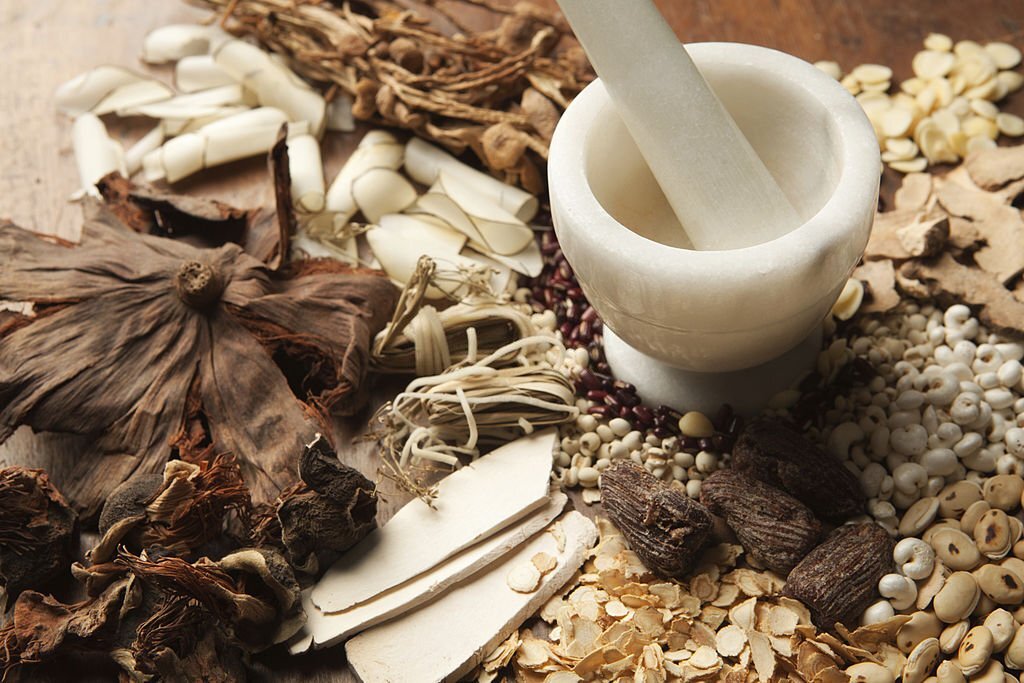The Importance of Personalized Chinese Medicine Treatment for Rosacea

Rosacea is a chronic skin condition that affects millions of people worldwide, causing redness, inflammation, and visible blood vessels on the face. Conventional treatments, such as creams and antibiotics, can provide temporary relief but often fail to address the root cause of the problem. This is where personalized Chinese medicine treatment for rosacea can offer a more effective and holistic approach. In this article, we will explore the principles of Chinese medicine, the benefits of personalized diagnosis and treatment, and how herbal treatments, acupuncture, and dietary and lifestyle recommendations can help manage and improve rosacea symptoms.
1. Understanding Rosacea
Rosacea is a chronic skin condition characterized by redness, swelling, and visible blood vessels on the face. It can also cause acne-like breakouts, skin sensitivity, and eye problems. The exact cause of rosacea is unknown, but it is believed to be related to a combination of genetic and environmental factors. Common triggers include sun exposure, stress, alcohol, spicy foods, and certain skincare products. Rosacea can significantly impact a person's quality of life and self-esteem, making it essential to find effective treatment options.
2. The Principles of Chinese Medicine
Chinese medicine is a holistic system of healthcare that has been practiced for thousands of years. It aims to restore balance and harmony within the body by addressing the root cause of illness and promoting overall health and well-being. In Chinese medicine, the concepts of Qi (vital energy), Yin (cooling energy), and Yang (warming energy) play a crucial role in maintaining skin health. Imbalances in these energies can lead to various skin conditions, including rosacea. By identifying and addressing these imbalances, Chinese medicine can offer a more effective and personalized treatment for rosacea sufferers.
3. Personalized Diagnosis in Chinese Medicine
In Chinese medicine, a personalized diagnosis is essential for developing an effective treatment plan. Practitioners use various diagnostic methods, such as pulse and tongue analysis, to determine a person's unique constitution and identify the underlying imbalances contributing to their rosacea symptoms. This personalized approach allows practitioners to target the root cause of rosacea, rather than simply managing the symptoms, leading to more effective and long-lasting results.
4. Herbal Treatments for Rosacea
Herbal medicine plays a significant role in Chinese medicine cure for rosacea treatment. There are numerous herbs with anti-inflammatory, antibacterial, and soothing properties that can help reduce redness and inflammation associated with rosacea. Some common herbs used in rosacea treatment include honeysuckle, forsythia, rehmannia, and licorice. However, it is essential to work with a qualified practitioner to develop a personalized herbal formula tailored to your specific needs and constitution.
5. Dietary and Lifestyle Recommendations
In addition to herbal treatments, Chinese medicine practitioners often provide personalized dietary and lifestyle recommendations to help manage rosacea symptoms. These recommendations are based on a person's individual constitution and may include avoiding specific trigger foods, incorporating more cooling and anti-inflammatory foods, and practicing stress management techniques such as meditation or tai chi. Regular exercise can also help improve blood circulation and support overall skin health.
6. Acupuncture and Rosacea
Acupuncture is another complementary treatment option for rosacea in Chinese medicine. By inserting thin needles at specific points on the body, acupuncture can help to balance Qi, reduce inflammation, and improve skin health. A personalized acupuncture treatment plan may be developed based on a patient's unique constitution and the underlying imbalances contributing to their rosacea symptoms.
7. The Benefits of Personalized Chinese Medicine Treatment for Rosacea
There are several benefits to pursuing personalized Chinese medicine treatment for rosacea. By addressing the root cause of the condition, patients may experience long-term improvements in their skin health and a reduced reliance on conventional treatments that may have potential side effects. Additionally, the holistic approach of Chinese medicine supports overall health and well-being, which can further contribute to improved skin health and quality of life.
Conclusion
For those struggling with rosacea, personalized Chinese medicine cure for rosacea treatment offers a promising alternative to conventional therapies. By addressing the root cause of the condition through a tailored approach, patients can experience lasting improvements in their skin health and overall well-being. It is important to work with a qualified Chinese medicine practitioner to develop an effective and personalized treatment plan for rosacea. With the right guidance and support, rosacea sufferers can achieve better skin health and a higher quality of life through personalized Chinese medicine treatment.

.png)
